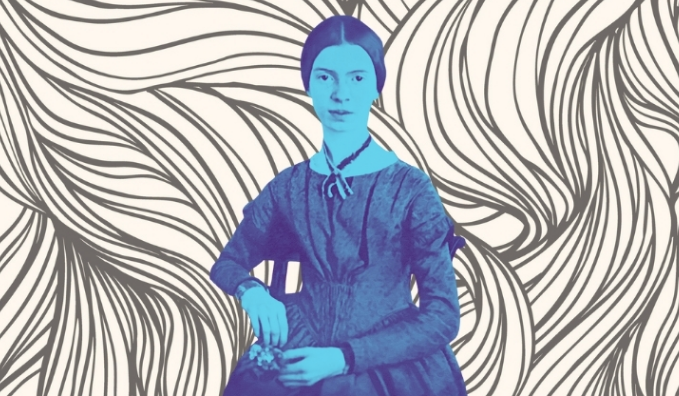Great book deals and freebies sent straight to your email daily: Subscribe to BookGorilla—it’s free!
From LitHub: An Alleged Lock of Emily Dickinson’s Hair is Selling for $450,000… But Was it Stolen?
In a letter Emily Dickinson wrote to family friend and possible suitor Otis Lord, she posed a question: “dont you know that ‘No’ is the wildest word we consign to Language?” Indeed, Dickinson’s life and art may be read as an experiment in female refusal, one that would reveal something of both its powers and limitations.
Rejecting the roles prescribed to genteel white women of 19th-century New England, the so-called Belle of Amherst did not marry or have children. She shunned polite society, choosing a life of the mind that yielded 1,800 visionary poems. She eschewed fame and, by some accounts, declined to publish. “I had told you I did not print,” she wrote to mentor Thomas Wentworth Higginson. But between 1850 and 1866, ten Dickinson poems ran anonymously in newspapers. Even today, much of her now-canonical oeuvre appears in volumes that omit her trademark dashes and capitalizations, which her early publishers scrubbed in an effort to “regularize” her verse.
So it is unsettling but perhaps unsurprising to learn that a bit of questionably obtained Dickinson memorabilia has been quietly traded among a group of literary men for years: locks alleged to be the poet’s hair (some of which are now for sale on eBay for the astronomical sum of $450,000).
How the poet—who chose to cloister her living body from all but a few visitors—would feel about pieces of it making the rounds is anybody’s guess. The dead cannot give consent. But the alleged Dickinson hair may have arrived on the market by a type of violation: theft. That’s the theory of Mark Gallagher, the English faculty member at UCLA who’s trying to sell the hair on eBay.
Read full post on LitHub














